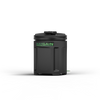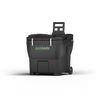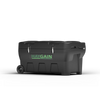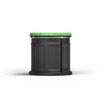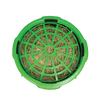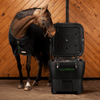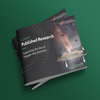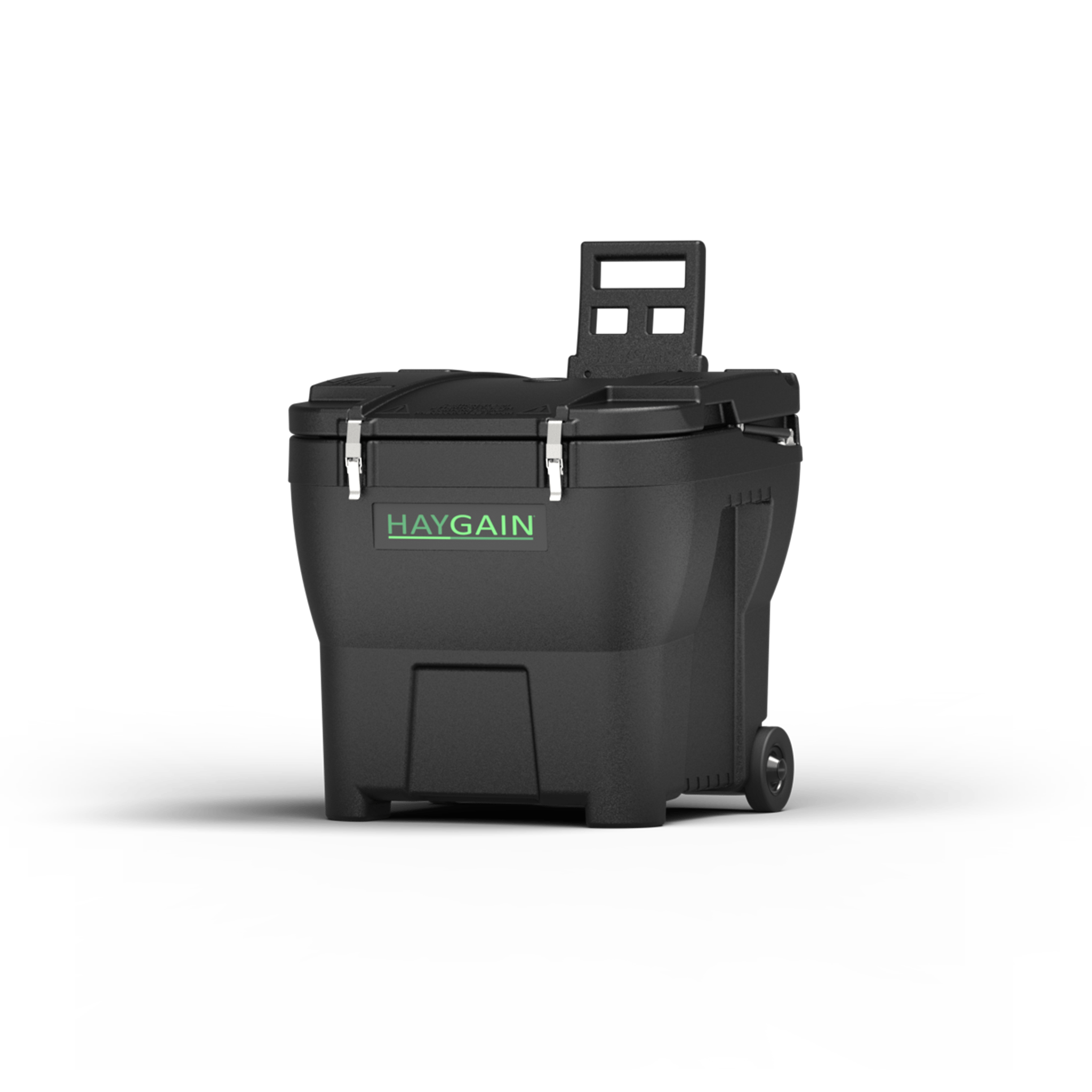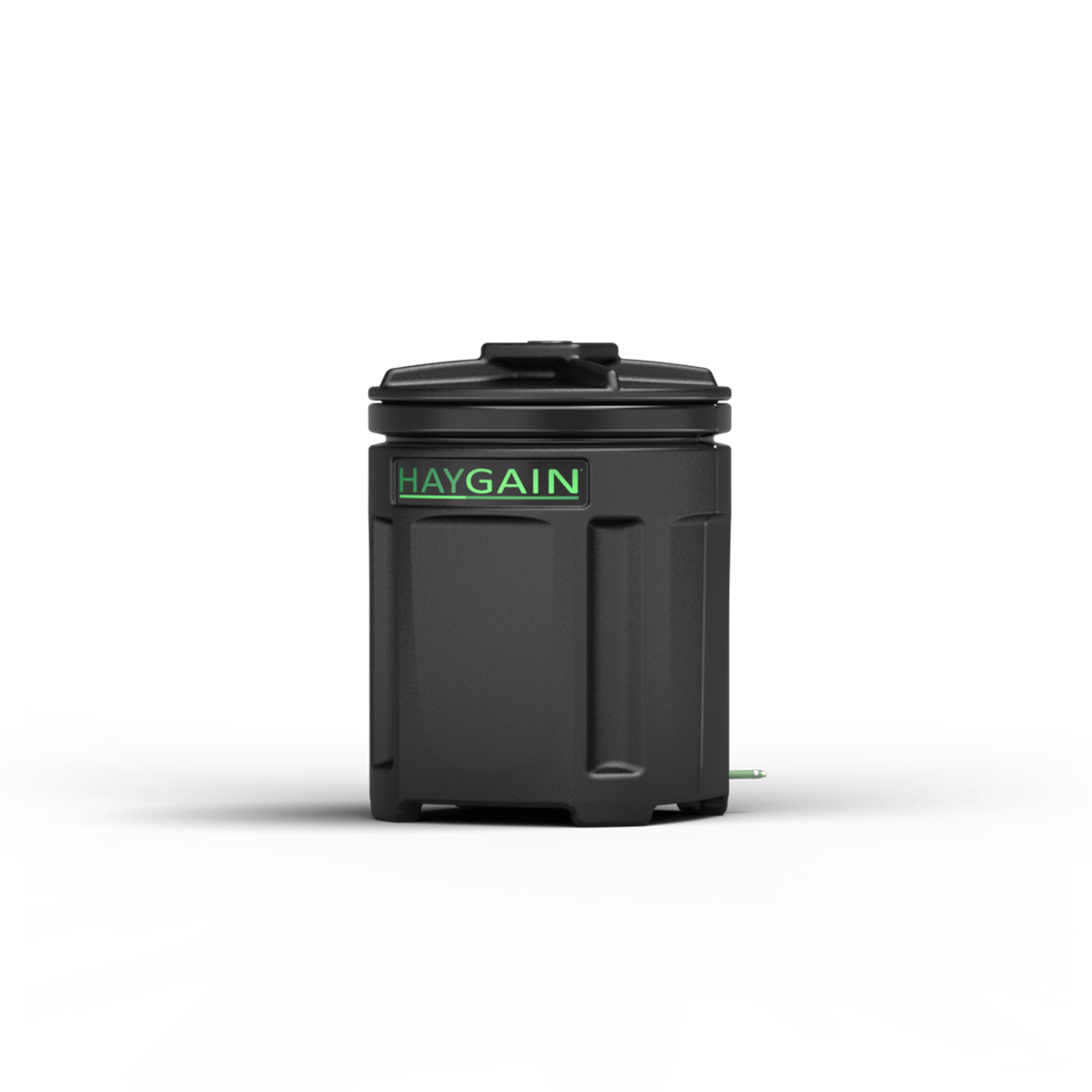Briony Witherow
Briony is a registered equine nutritionist with a wealth of experience, including over seven years of commercial experience, most recently working as Senior Nutritionist and Nutrition Team Leader for one of the UK’s leading feed companies. See more.
The Importance of Fiber
Forage should be the basis of any diet, consisting of a minimum of 1.5% of a horse’s bodyweight in dry matter (weight after the moisture has been removed) per day.
Forage is essential to ensure the smooth functioning of the horse’s digestive tract, over two-thirds of which is dedicated to the digestion of fibre. Furthermore, for the performance horse, sufficient forage in the gut acts as a reservoir for fluid and electrolytes, helping to sustain performance. As a trickle-feeder, the key to satisfying the digestive system’s need for fibre not only lies in absolute quantity but also in maximising ‘chew-time’ and therefore how long the forage ration lasts. The mechanisms behind a lot of commonly encountered problems in performance horses (e.g. gastric ulcers and colic) are thought to, in part at least, stem from an inability to maintain this balance between sufficient provision and maximising chew time.
